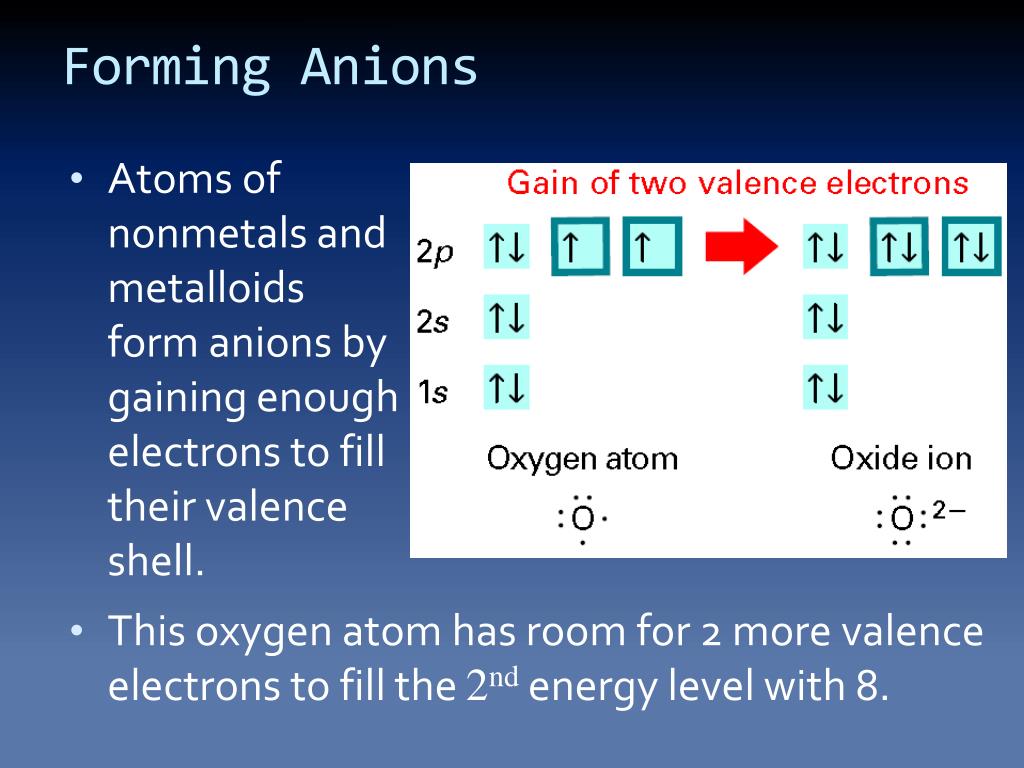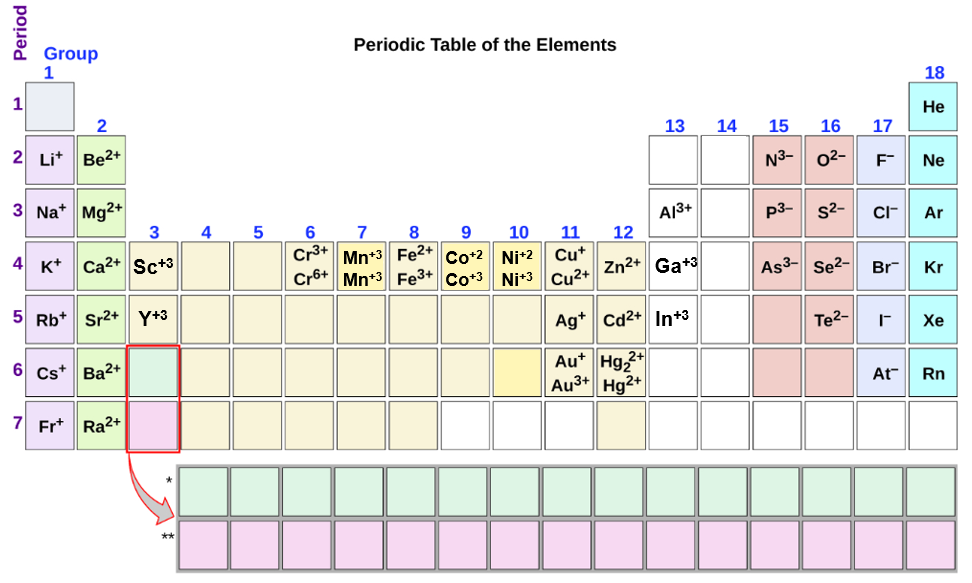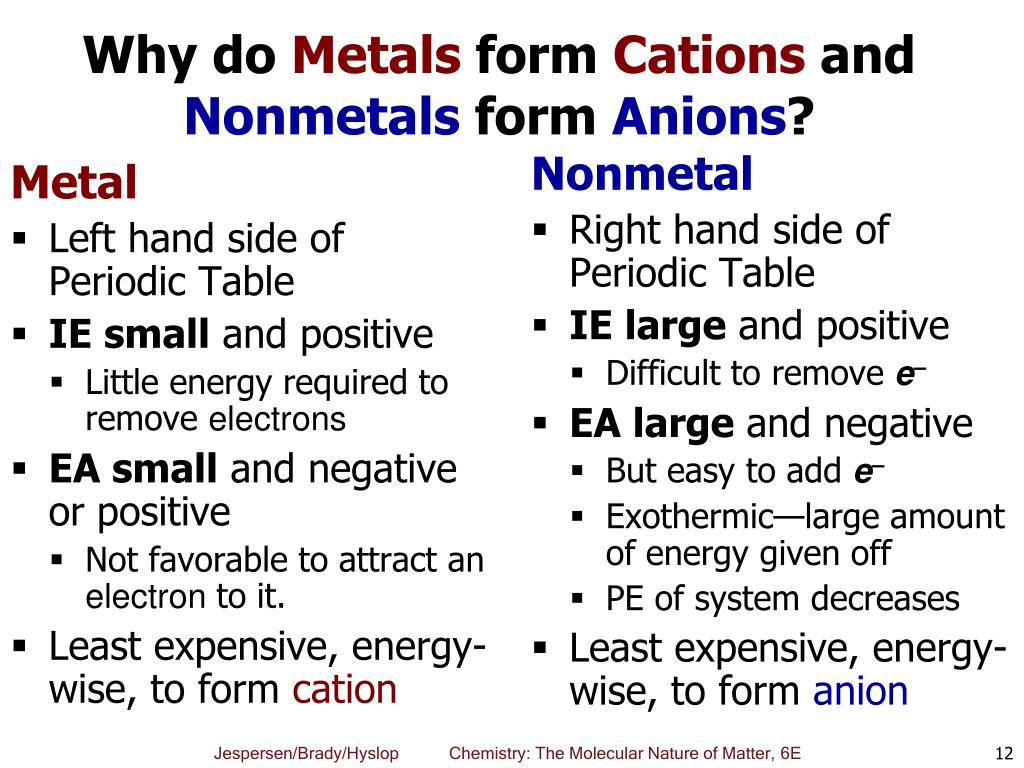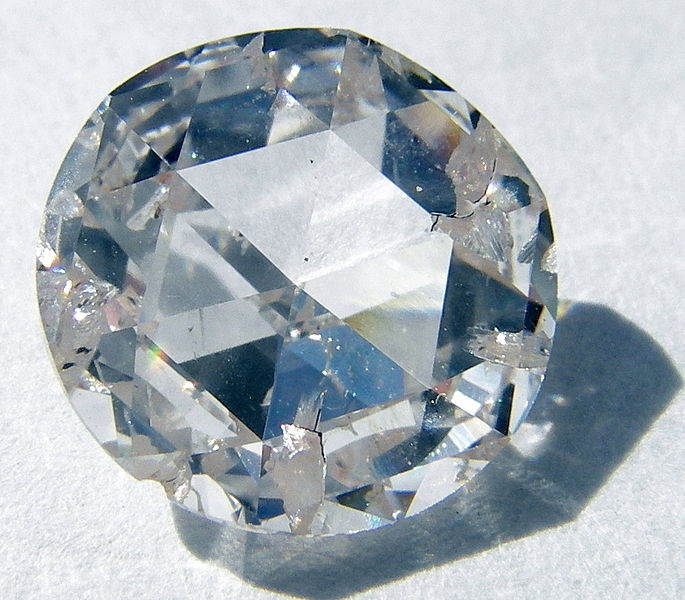Do Nonmetals Form Anions Or Cations
Do Nonmetals Form Anions Or Cations - Web nonmetals form negatively charged ions, or anions. Metals tend to form cations, while nonmetals tend to form anions. A nitrogen atom must gain three electrons to have the same number of electrons as an atom of the following noble gas,. Identify the reason why metals tend to form cations and nonmetals tend to form anions when these elements exist in a compound. Web this is actually one of the chemical properties of metals and nonmetals: There are cases where nonmetals can become cations. Do nonmetals form anions or cations? Web answer (1 of 3): Web do nonmetals form anions or cations? These are electronegative elements with high ionization energies.
They do this because they need to gain one to three electrons in order to achieve an octet of valence electrons,. Identify the reason why metals tend to form cations and nonmetals tend to form anions when these elements exist in a compound. Web nonmetals form negatively charged ions, or anions. Metals tend to form cations, while nonmetals tend to form anions. Holt chemistry r.thomas myers, keith oldham,savatore tocci 2006 edition chapter 5,. Web this is actually one of the chemical properties of metals and nonmetals: Web answer (1 of 3): Metals tend to form cations, while nonmetals tend to form anions. Web terms in this set (60) what distinguishes a neutral atom from an ion. Do nonmetals form anions or cations?
There are cases where nonmetals can become cations. Anions are negative ions that are formed when a nonmetal atom gains one or more electrons. Ion has a different number of electrons. 1 metals have low lonization energies. Web this is actually one of the chemical properties of metals and nonmetals: Web terms in this set (60) what distinguishes a neutral atom from an ion. These are electronegative elements with high ionization energies. A nitrogen atom must gain three electrons to have the same number of electrons as an atom of the following noble gas,. Web non metals tend to form anions as they gain electron (s). Web answer (1 of 3):
PPT IONS PowerPoint Presentation, free download ID2435906
Web non metals tend to form anions as they gain electron (s). Anions are negative ions that are formed when a nonmetal atom gains one or more electrons. Holt chemistry r.thomas myers, keith oldham,savatore tocci 2006 edition chapter 5,. A nitrogen atom must gain three electrons to have the same number of electrons as an atom of the following noble.
4.3 Ionic Compounds and Formulas (2022)
Web solved:explain why metals tend to form cations, while nonmetals tend to form anions. Do nonmetals form anions or cations? A nitrogen atom must gain three electrons to have the same number of electrons as an atom of the following noble gas,. Anions are atoms that have a negative charge because they have gained one or more electrons. Web nonmetals.
PPT Chapter 9 The Basics of Chemical Bonding PowerPoint Presentation
These are electronegative elements with high ionization energies. Web solved:explain why metals tend to form cations, while nonmetals tend to form anions. There are cases where nonmetals can become cations. This occurs normally and usually naturally. They do this because they need to gain one to three electrons in order to achieve an octet of valence electrons,.
Difference Between Metals Nonmetals and Metalloids Definition
This occurs normally and usually naturally. Do nonmetals form anions or cations? These are electronegative elements with high ionization energies. Ion has a different number of electrons. Web this is actually one of the chemical properties of metals and nonmetals:
Do metals form anions or cations quizlet? Book Vea
They do this because they need to gain one to three electrons in order to achieve an octet of valence electrons,. Web nonmetals form negatively charged ions, or anions. Web this is actually one of the chemical properties of metals and nonmetals: Iron, silver, nickel), whilst most other nonmetals typically form anions (e.g. Metals tend to form cations, while nonmetals.
is incorreer? all s area eleseis erand e are metals b, all p area
Ion has a different number of electrons. Second, elements that live in the first two. Anions are negative ions that are formed when a nonmetal atom gains one or more electrons. They do this because they need to gain one to three electrons in order to achieve an octet of valence electrons,. Web most other metals form cations (e.g.
anion Common anions, their names, formulas and the elements they are
Metals tend to form cations, while nonmetals tend to form anions. Anions are atoms that have a negative charge because they have gained one or more electrons. Web nonmetals form negative ions (anions). Web this is actually one of the chemical properties of metals and nonmetals: Identify the reason why metals tend to form cations and nonmetals tend to form.
Nonmetals and anion formation YouTube
Web this is actually one of the chemical properties of metals and nonmetals: They do this because they need to gain one to three electrons in order to achieve an octet of valence electrons,. Do nonmetals form anions or cations? Web answer (1 of 3): Web non metals tend to form anions as they gain electron (s).
Ions Predict Charge Stone Cold Chemistry Talk Ions Predict Charge
Web this is actually one of the chemical properties of metals and nonmetals: Web do nonmetals form anions or cations? Second, elements that live in the first two. They do this because they need to gain one to three electrons in order to achieve an octet of valence electrons,. Metals tend to form cations, while nonmetals tend to form anions.
Cute cartoon the Elements Educational of Periodic Table Fabric poster
They do this because they need to gain one to three electrons in order to achieve an octet of valence electrons,. Holt chemistry r.thomas myers, keith oldham,savatore tocci 2006 edition chapter 5,. These are electronegative elements with high ionization energies. Web non metals tend to form anions as they gain electron (s). Anions are negative ions that are formed when.
Anions Are Atoms That Have A Negative Charge Because They Have Gained One Or More Electrons.
They do this because they need to gain one to three electrons in order to achieve an octet of valence electrons,. Web most other metals form cations (e.g. Metals tend to form cations, while nonmetals tend to form anions. Second, elements that live in the first two.
A Nitrogen Atom Must Gain Three Electrons To Have The Same Number Of Electrons As An Atom Of The Following Noble Gas,.
Web answer (1 of 3): These are electronegative elements with high ionization energies. 1 metals have low lonization energies. There are cases where nonmetals can become cations.
Iron, Silver, Nickel), Whilst Most Other Nonmetals Typically Form Anions (E.g.
Web terms in this set (60) what distinguishes a neutral atom from an ion. Ion has a different number of electrons. Web solved:explain why metals tend to form cations, while nonmetals tend to form anions. Web non metals tend to form anions as they gain electron (s).
Web This Is Actually One Of The Chemical Properties Of Metals And Nonmetals:
Web nonmetals form negatively charged ions, or anions. Anions are negative ions that are formed when a nonmetal atom gains one or more electrons. This occurs normally and usually naturally. Identify the reason why metals tend to form cations and nonmetals tend to form anions when these elements exist in a compound.









